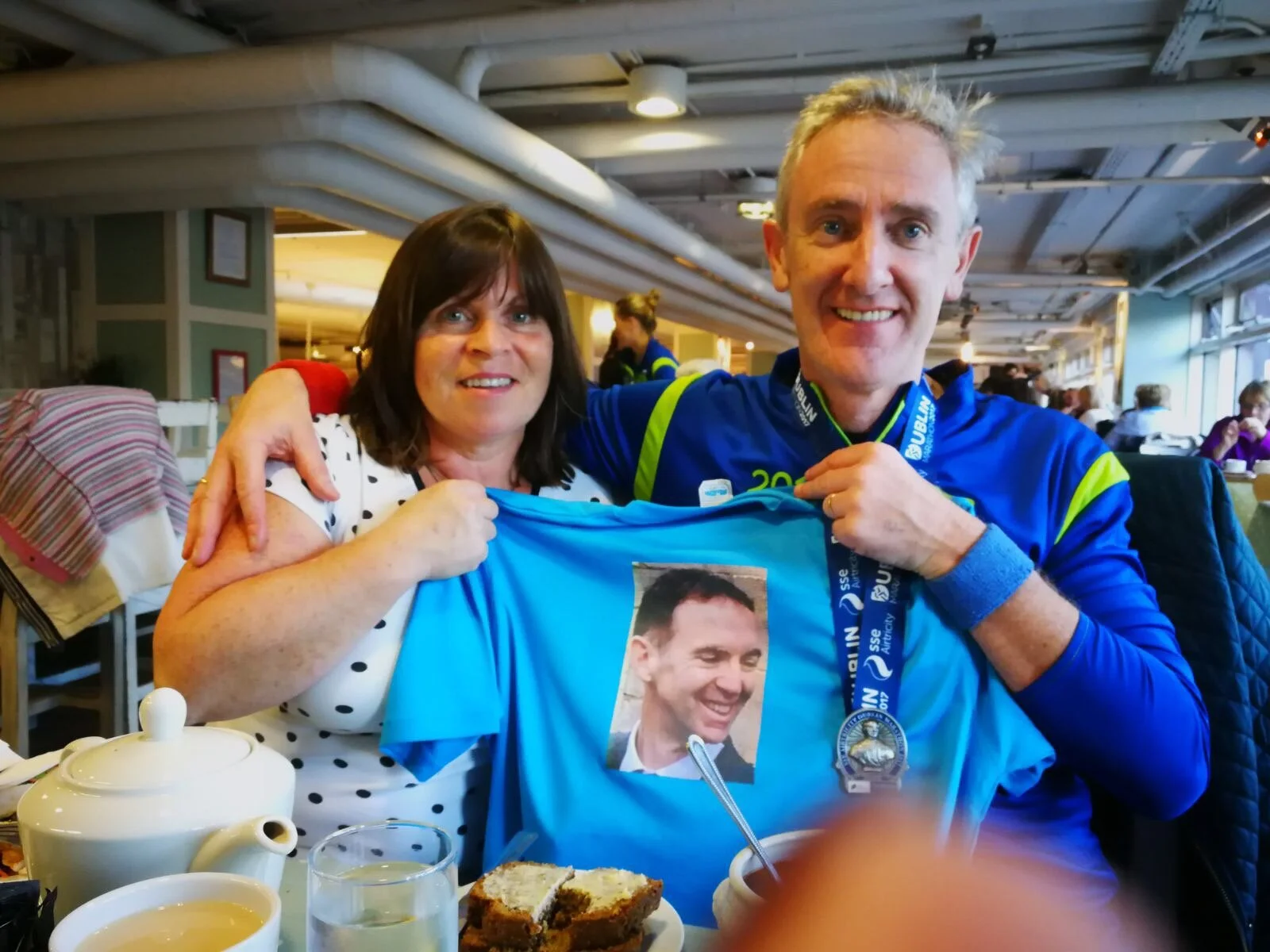The road to recovery from Covid-19 - coping and human support
How can we make sense of a seemingly random event like the Covid-19 pandemic? What can we do to help ourselves and to help others? Tom Armstrong talks about coping and the critical role of human support and interaction in helping us navigate the road to recovery and how we can emerge wiser, stronger and with greater humanity.
The road to the recovery from COVID - coping and human support
At the start of the COVID 19 pandemic and its related restrictions, I wrote a short post titled ‘Appreciating randomness’. I equated randomness with positive events such as a chance meeting with a friend or experiencing the excitement and unpredictability of sport (or a US presidential election!). However, a recent read of Ronnie Janoff-Bulman’s book Shattered Assumptions compelled me to more fully consider the impact of random events like Covid-19 – when so much of the immediate impact is negative and it poses questions about meaning in our world[1].
Where are we now?
We are now close to one year on from the initial outbreak of Covid-19 and the negative impact of this random event is more evident than ever – lives and livelihoods are relentlessly at risk. People feel less safe, less in control, more vulnerable, less confident, and more anxious. There are big questions around what this all means. Those suffering most may be asking themselves why now and why me?
In terms of trauma, it is difficult to say where this pandemic lies on the scale - everyone is having their own individual experience. Many people will be fortunate, with little impact on physical health, work, and mental wellbeing – but not everyone will be so lucky. Many will be affected directly and indirectly through loss of loved ones, loss of livelihood, putting dreams ‘on hold’ and more.
Normal World
Eventually we will return to a more normal world. By normal world I am not referring to how we work and play – virtual meetings on platforms like Zoom will most likely remain part of the norm, by choice rather than necessity, and we may shop more on-line, again by choice. What I mean by a normal world is one where we can meet our family and friends without social distancing, where we can hug them; embrace each other at weddings and funerals; high five friends at moments of joy; stand closer to people; shake hands.
Coping
How can those who have suffered and who are suffering, cope. I think we can divide coping into some broad areas.
Self-help
Firstly, self-help. As we know, there is much we can do to - create a routine, eat well, take regular exercise, maintain a journal, spend time in nature, spend less time looking at screens, watch a good movie (a different screen!), meditate, sing, start a new hobby, make a plan and more. These are all things that are within our control and are good for our well-being, whether we have been impacted by Covid-19, or not.
Interpretation of Events
Then there is the crucial question of how we interpret events. Our interpretation is shaped by our life experience and tends to be the result of unconscious processes. However, over time, and through reflection, we can work on the meaning of events and seek to learn lessons. While not deluding ourselves, we can reframe events to give them meaning - each of us can do this from our individual perspective and in our own unique world. This work enables us to incorporate and make meaning of what has happened in our world. For example, maybe it’s time to spend more time with family, really listen to the opinions of those we differ with, hear the birds sing, and appreciate the flowers in full bloom. Maybe we’re learning to be more considerate, appreciate the simple things in life and be grateful for what we have. Maybe we will take stock of our lives.
Action
Taking our own actions is also important, to give ourselves a sense of reasserting some level of control over our own world. Actions are positive and energising and we feel less at the hands of fate. While our ability to take actions may be restricted right now there are still many areas of our lives where we still make our own choices and take action – calling that friend, getting up early, going for that run and so on. And in time, our freedom to take more actions will return
The role of support
Then there is the role of support from people – a key part of the coping process. This is a two-way street where we can receive support and give support. It is a dynamic process. What does this support look like? It can be material support such as money or services. It can be information support – tools and advice about resources that are available to help. It can simply take the form of ‘being there’ for the other person – listening, empathising, accepting, and valuing them. And it can be even more social, through companionship and friendship.
Social support, because we are social beings, is critical for our sense of self-worth. Social support is positively associated with psychological wellbeing and mental health. We all have the capacity to offer support and a supportive environment to those that need it – and while this can pose some discomfort and threaten our own feelings of security - it is the courageous thing for us to do – to step beyond our own comfort zone.
The road ahead
There will be a return to ‘normal’ times when social restrictions are lifted. In the meantime, we all have the choice to support and help each other to navigate through the current challenges and safely reach the other side. We may get bruised along the way, but when it’s over, we will have survived, and through our actions and experience, we can be wiser, stronger and more human.
[1] Janoff-Bulman, R. (1992) Shattered Assumptions New York: Simon & Schuster (The Free Press)






